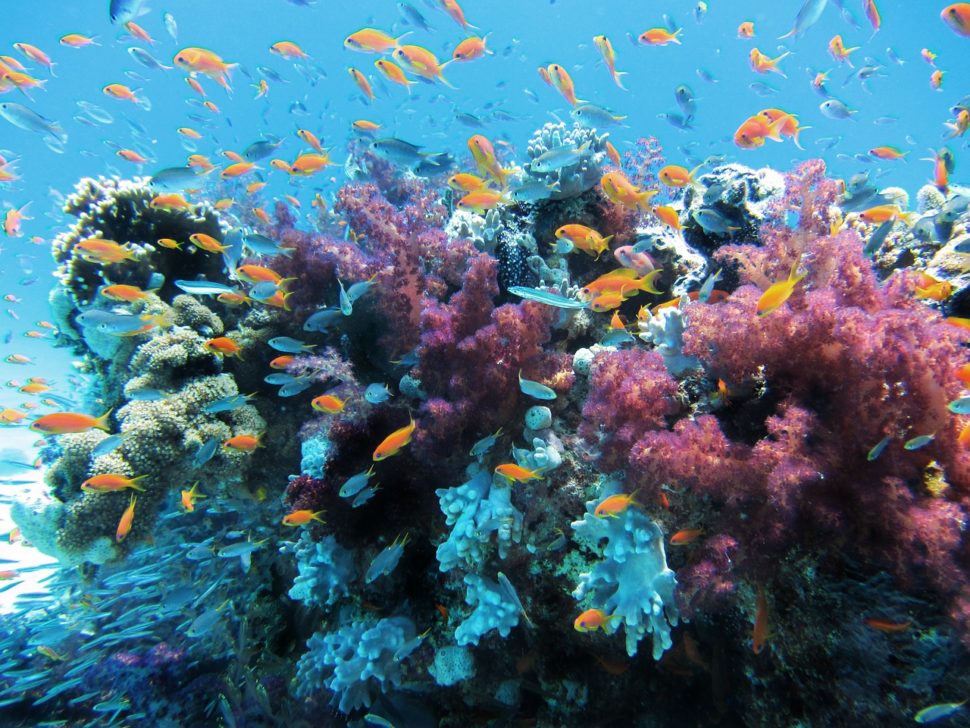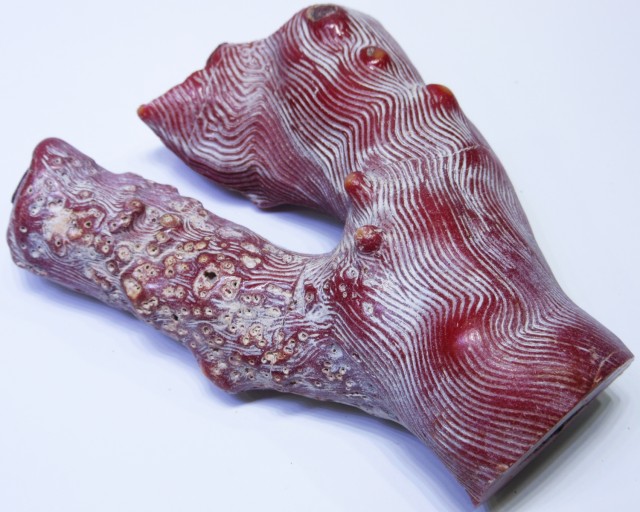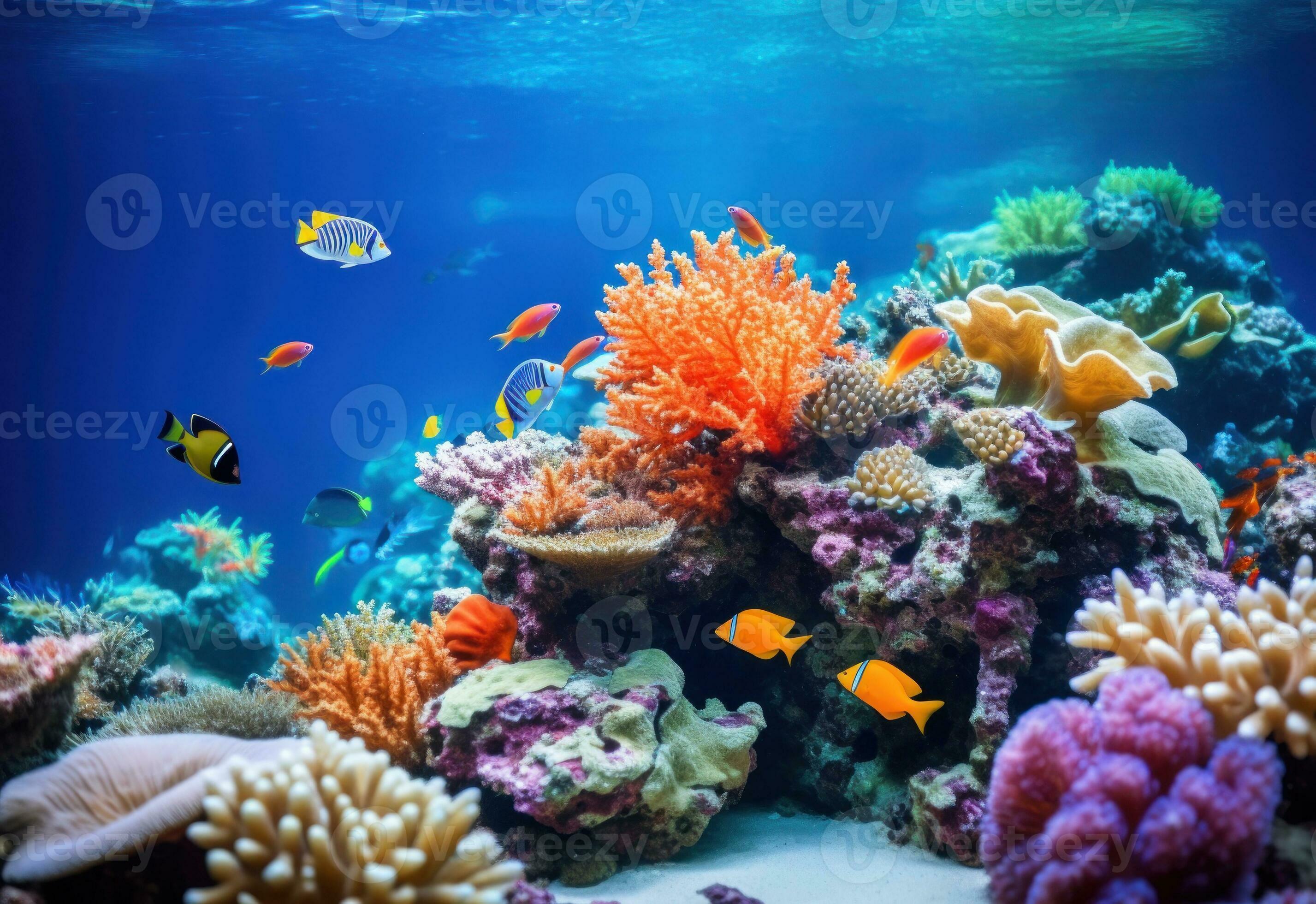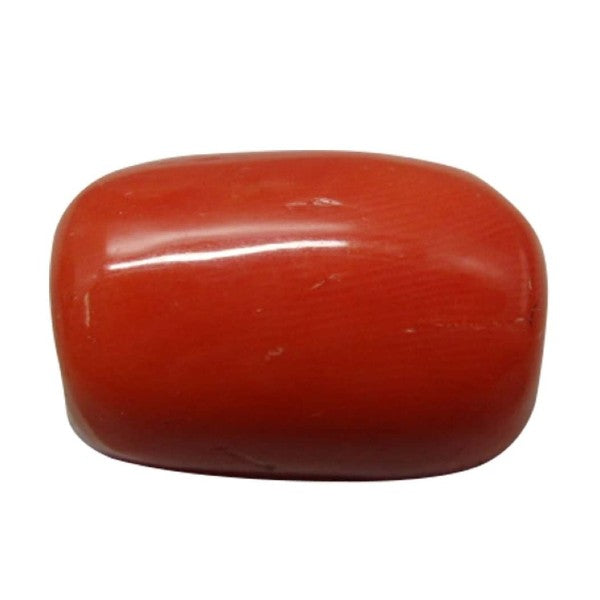Corals' natural 'sunscreen' may help them weather climate change
4.5 (225) · $ 13.50 · In stock
Smithsonian Conservation Biology Institute scientists are one step closer to understanding why some corals can weather climate change better than others, and the secret could be in a specific protein that produces a natural sunscreen. As their name implies, Hawaiian blue rice corals sport a deep blue pigment, which is created by chromoprotein and filters out harmful ultraviolet (UV) radiation from the sun. Although UV damage may produce long-term impacts to reproduction in many coral species—including brown rice coral—it may not have the same effect on blue rice coral. The findings of this study were published June 9 in the paper "Reproductive plasticity of Hawaiian Montipora corals following thermal stress" in Scientific Reports.

Tourists urged to help protect Rarotonga lagoon coral reefs – Te Ao Māori News

Wastewater pollution making coral reefs sicker: What can we do? - India Today

News Archive Smithsonian's National Zoo and Conservation Biology Institute

New Study: Methylene Blue Could Work as Effective Sunscreen

Aquarium crossbreeds wild and lab corals in landmark breakthrough

Smithsonian and Partners Pioneer Method to Boost Endangered Coral Populations Separated by Vast Distances
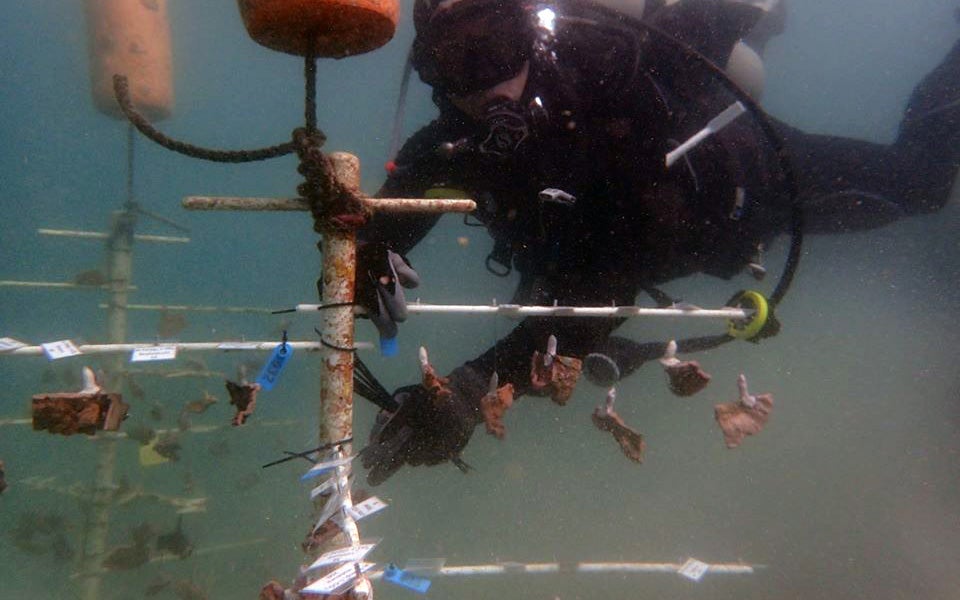
Testing the Waters: Coral Nurseries and Climate Change Smithsonian's National Zoo and Conservation Biology Institute

News Archive Smithsonian's National Zoo and Conservation Biology Institute

Red Sea Coral Reefs Keep Thriving Despite Global Warming - The New York Times
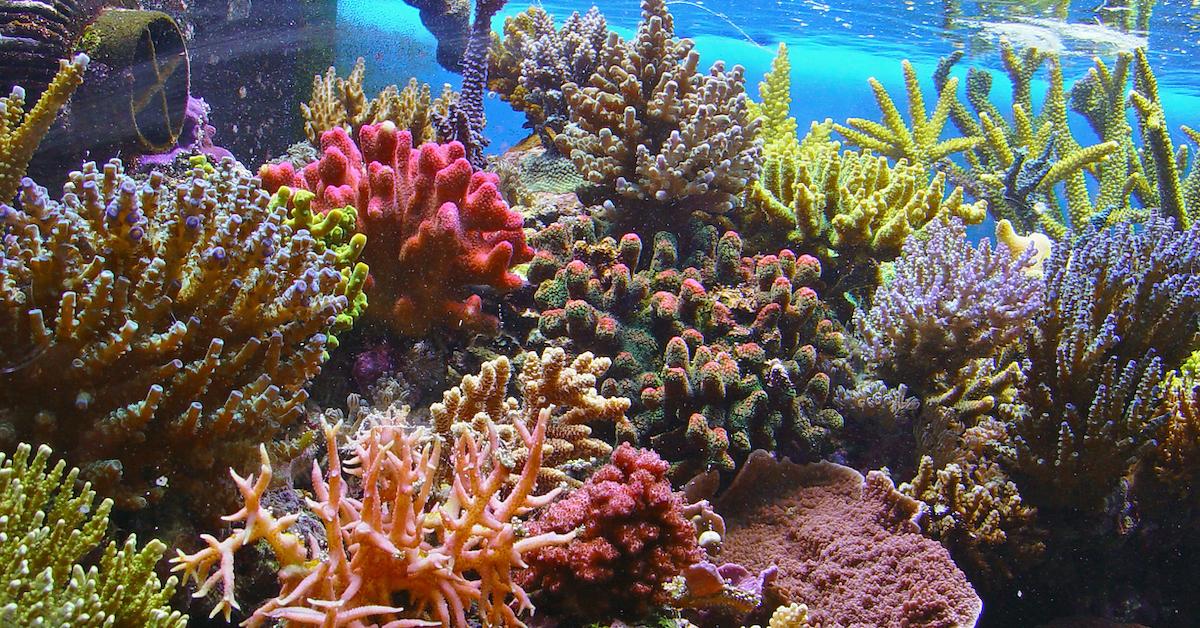
The Great Barrier Reef's Coral Is Dying Rapidly, Due to Climate Change
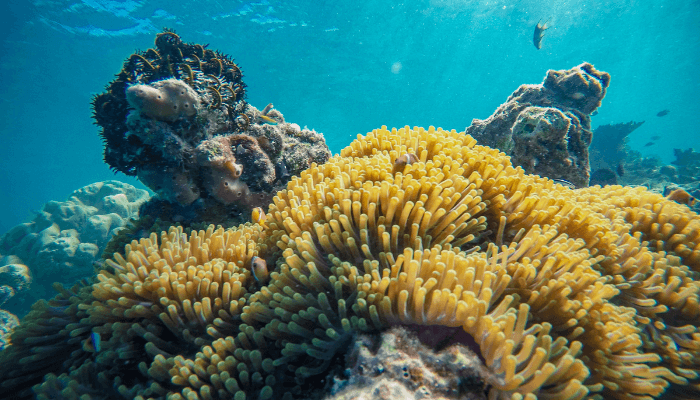
15 Amazing Facts About Coral Reefs
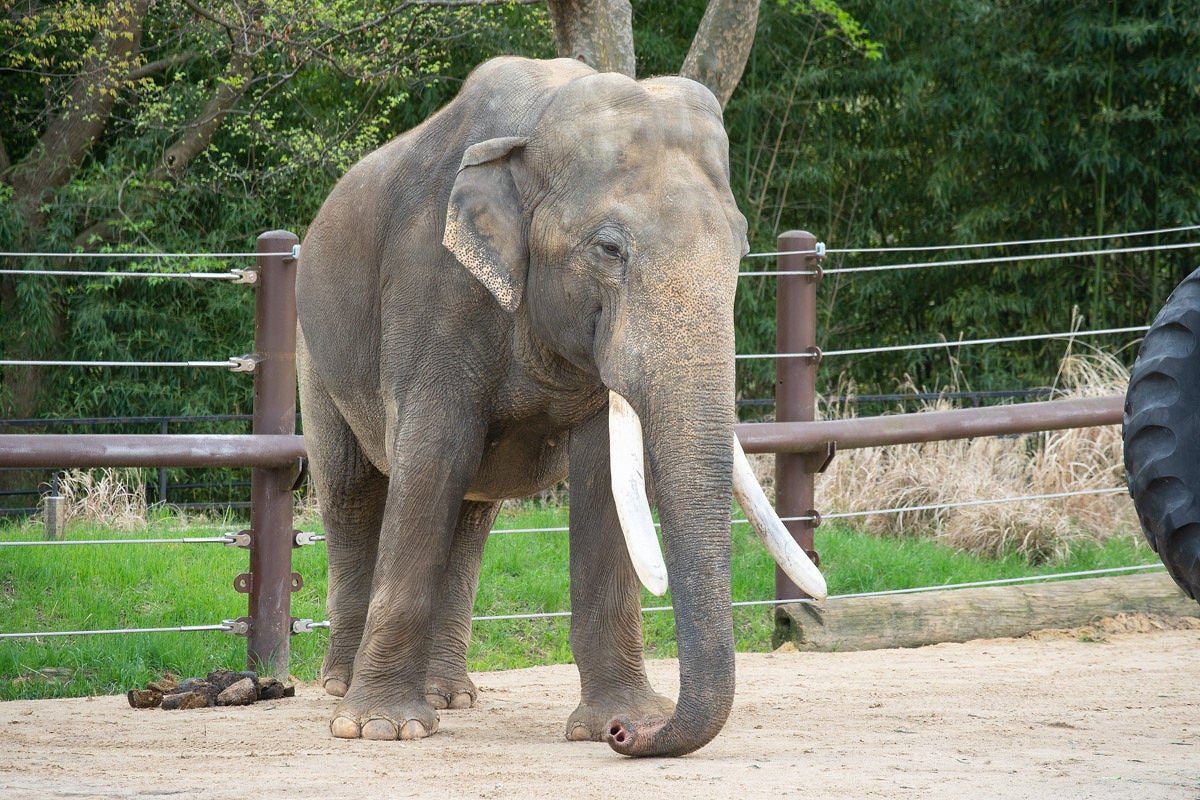
Press Release Archive Smithsonian's National Zoo and Conservation Biology Institute






